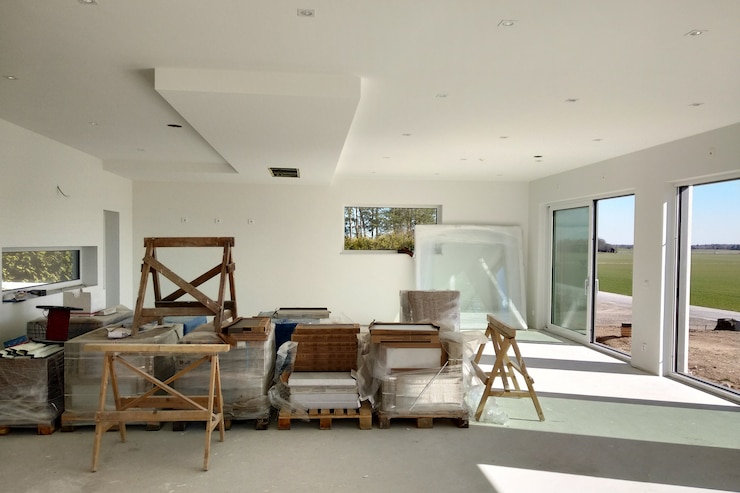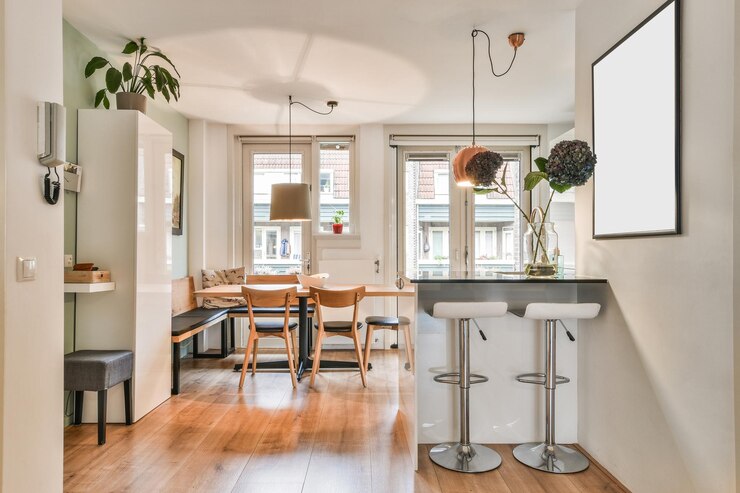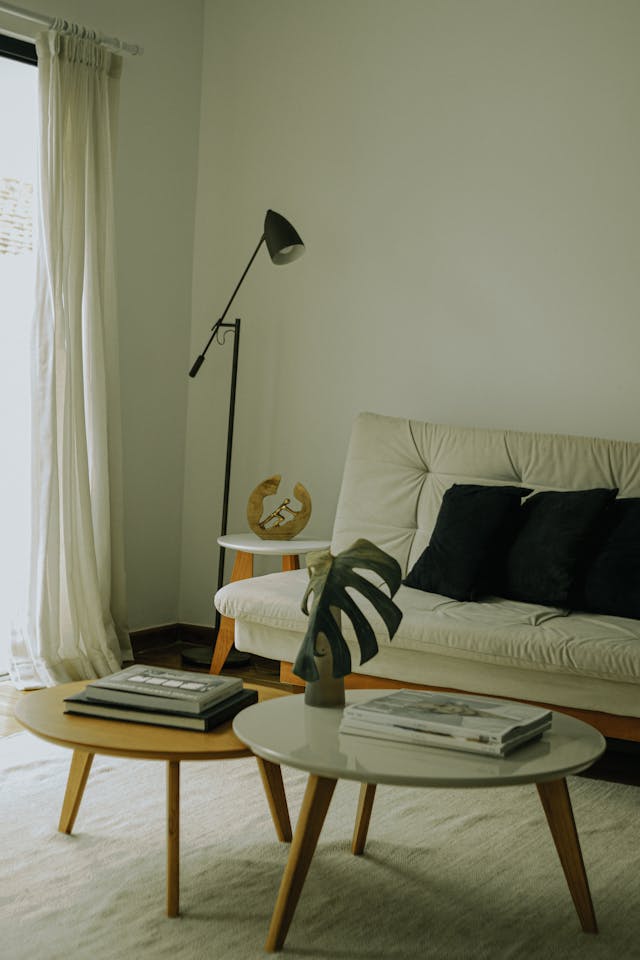Adding more space to your home can be both exciting and overwhelming. Whether you’re expecting a growing family or simply want more room to relax, a well-planned home addition can enhance both your lifestyle and property value. However, the success of your project largely depends on proper planning, professional help, and a clear understanding of your goals.
In this article, we’ll walk you through smart tips for successful home additions—from budgeting to hiring the right experts. You’ll discover how even a simple extension can transform your home when done the right way.
Understand Your Purpose and Goals
Before knocking down any walls, it’s important to define why you need the addition. Are you looking to add an extra bedroom, a new kitchen, or a sunroom? Clarity on purpose will guide design decisions and budget considerations.
For example, if you’re adding a bedroom for an aging parent, you’ll want to focus on accessibility and proximity to shared spaces. If it’s a home office, consider lighting and quiet zones.
Set a Realistic Budget
Home additions can vary significantly in cost based on size, design complexity, and materials used. Start with a clear budget and include a 10-15% cushion for unexpected expenses. Consult with a financial advisor if needed, especially if you’re taking out a loan.
Costs to factor in:
- Architectural designs
- Building permits
- Contractor fees
- Material and labor
- Plumbing and electrical updates
Understanding where your money is going helps you prioritize features that matter most and avoid overspending.

Choose the Right Design
Your addition should look like a natural extension of your home, not an afterthought. Hiring a skilled architect or designer can help ensure the new space blends well with the existing structure.
Here are a few things to consider:
- Rooflines should align to maintain visual harmony
- Exterior finishes must match your current home’s materials
- Interior design elements like flooring, trim, and paint should be cohesive
Well-integrated design adds long-term value and prevents future regrets.
Hire a Professional Contractor
This is arguably the most critical step. A certified and experienced home addition contractor can turn your ideas into reality with fewer hiccups. They manage building permits, schedules, and subcontractors—saving you time and reducing stress.
When hiring a contractor:
- Check their license and insurance
- Review past work and client testimonials
- Get a written estimate and project timeline
Avoid hiring based solely on price. A slightly higher quote often reflects better quality and professionalism.
Understand Local Zoning and Permit Laws
Every locality has its own zoning rules and building codes. Failing to comply can result in fines or even project shutdowns. Your contractor should help with this, but it’s wise to have a basic understanding yourself.
For instance, you might need to maintain certain setbacks from property lines or ensure height restrictions are followed. Always secure the necessary permits before starting work to stay on the right side of the law.
Plan for Temporary Disruptions
Home additions can temporarily disrupt your routine. Noise, dust, and limited access to parts of your home are common during construction.
To prepare:
- Set up a temporary kitchen if remodeling the main one
- Plan alternate sleeping arrangements if bedrooms are involved
- Inform neighbors about upcoming noise or traffic
Clear communication with your contractor can help minimize disruptions and keep your project on track.
Consider Future Resale Value
Even if you don’t plan on selling soon, your addition should improve resale potential. Buyers often seek functional upgrades like extra bathrooms, spacious kitchens, or additional living rooms.
Make choices that balance personal preference with broad appeal. For instance, adding a full bath rather than a half bath may boost resale value, even if it costs a bit more.
Explore Different Types of Residential Home Additions
There are many ways to expand your home, and not all require building outward. Some popular types of residential home additions include:
- Room bump-outs for small expansions
- Second-story additions for vertical space
- Garage conversions for an affordable living space
- Sunrooms for natural light and an outdoor feel
Each option has its pros and cons depending on your property, needs, and budget.
Final Thoughts
A home addition is a major investment, but when done right, it can dramatically improve your comfort, lifestyle, and property value. Start with a clear vision, invest in the right professionals, and stay involved throughout the process.
From defining your goals to hiring a trusted contractor, every step plays a role in making your expansion successful. With thoughtful planning and expert guidance, your dream space is well within reach.






